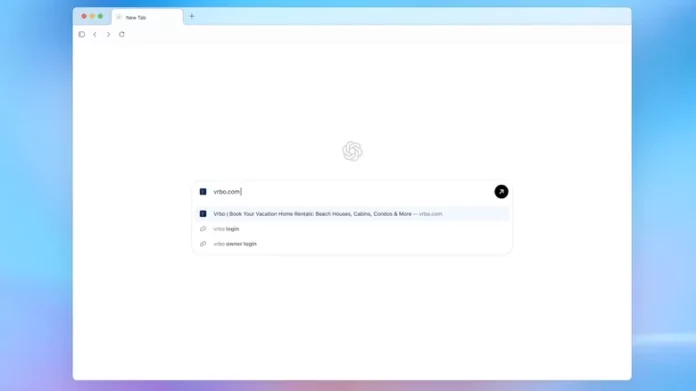In the past year, tech companies have been pushing a new vision for how we use web browsers — one driven by “agentic AI.” For me, it started when Opera’s executives teased that web browsing was about to change forever. Not long after, they unveiled Operator, a feature that let the browser handle tasks like buying flowers on your behalf.
Operator has since evolved into Opera Neon, but it’s only one of several AI-powered browsers vying for attention. The Browser Company has Dia, Perplexity offers Comet, Arc continues to innovate, and OpenAI recently introduced ChatGPT Atlas. Despite their different branding, they all share the same pitch: a browser that combines multiple large language models to automate tedious tasks and make your time online more efficient.
On paper, that sounds transformative. In practice, it’s been disappointing.
AI browsers don’t do enough
A few years ago, I ditched Safari for Microsoft Edge because it was faster, more reliable, and better suited to my workflow. Before long, I switched again — to Opera One, then Opera Air, and eventually tested Opera Neon, Dia, and several other “agentic” browsers.
The result? By day’s end, I had four or five browsers cluttering my desktop, each capable of doing a few things well — but not enough to justify replacing a traditional browser. Eventually, I realized I was still faster and more accurate than AI at finding what I needed.
While browsing social media, I found plenty of users who felt the same. Many were excited to try these AI browsers, only to switch back to Chrome, Safari, or Edge after a few days. The truth is, traditional browsers already handle most people’s needs beautifully — and all your passwords, bookmarks, and browsing history are right where you want them.
AI still isn’t reliable enough
In theory, a browser that shops for you, compares prices, or organizes your work sounds amazing. Imagine telling your AI to find the perfect product within your budget and have it delivered without lifting a finger. Opera has been demoing versions of this concept for months — but the reality falls short.
Just recently, I tried to buy a new watch using one of these AI browsers. I uploaded photos of my current watches and described my preferences, hoping it would recommend options that matched my taste and price range. Instead, I got a list of random watches — most either far too expensive or entirely off-style.
AI can enhance parts of the browsing experience, but it still struggles to understand personal context, taste, and intent. Until it can do something truly practical — like tracking specific flights and alerting me when a deal drops — I’ll keep using a standard browser. It’s faster, more predictable, and, frankly, more private.
AI browsers are intriguing, but right now, they feel more like tech demos than the future of the web.





